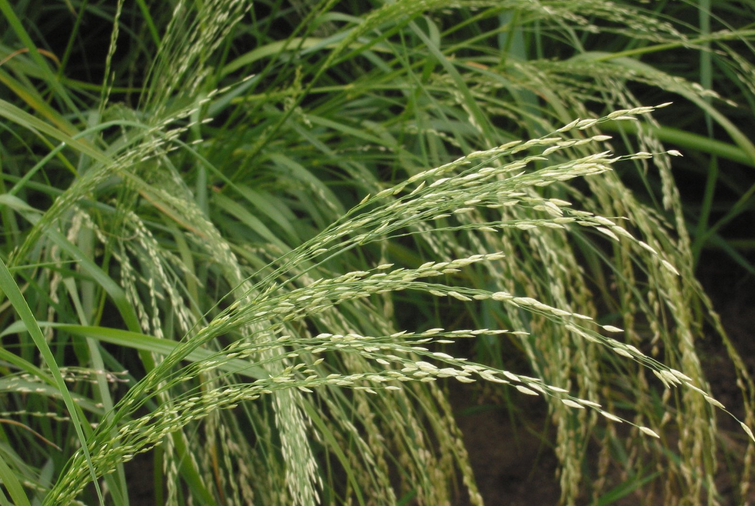Teff is a healthy wheat alternative – Michigan State University study
 Michigan State University has been researching Teff as a rotational crop alternative for hay producing farms. Their research has discovered that cattle and horses are especially fond of Teff. And, as it turns out, more and more people enjoy it as well! Teff seeds, which resemble caraway seeds when ripe, are most often ground into flour for human consumption. The fact that Teff is gluten free makes the flour especially attractive to consumers.
Michigan State University has been researching Teff as a rotational crop alternative for hay producing farms. Their research has discovered that cattle and horses are especially fond of Teff. And, as it turns out, more and more people enjoy it as well! Teff seeds, which resemble caraway seeds when ripe, are most often ground into flour for human consumption. The fact that Teff is gluten free makes the flour especially attractive to consumers.
Increasing numbers of people are seeking gluten-free products, even those who don’t have Celiac disease. People who suffer from Celiac disease have an allergy to gluten flour found in cereal grains such as wheat. Michigan State University Extension provides a detailed explanation of Celiac disease and gluten intolerance here.
Teff is a warm season annual grass native to Ethiopia. It is known by other names, such as Eragrostis tef, Williams lovegrass, annual bunch grass and taf.
Teff flour can be used in pancakes, breads, muffins, etc. In its native Ethiopia, Teff is used to make Injera. Most frequently eaten as a flatbread, it is a staple of Ethiopian cuisine and serves a dual purpose as an eating utensil. Michigan State University Extension provides a recipe for Injera . An internet search for “recipes using teff” will return over 79,900 results!
The University of Nevada found that potential markets for Teff seed and flour are markets catering to Ethiopian cultures and restaurants, organic and natural food markets, and specialty markets that sell gluten free products.
In closing, growing conditions differ greatly from the Horn of Africa to Michigan. Research trials at MSU and other land grant universities have found it is a viable crop in Michigan for animal feed. Further testing may be necessary to determine if Teff can also be a viable seed crop to be ground into flour for people to consume.